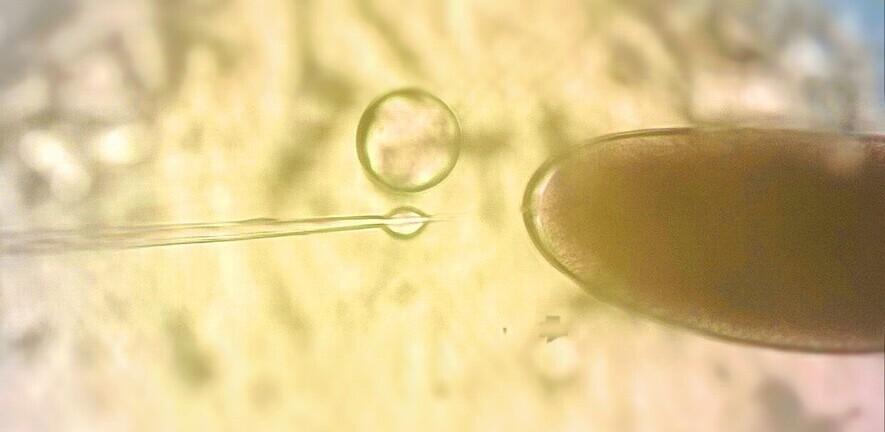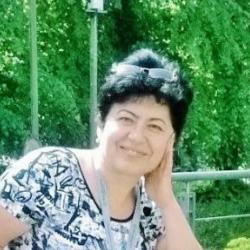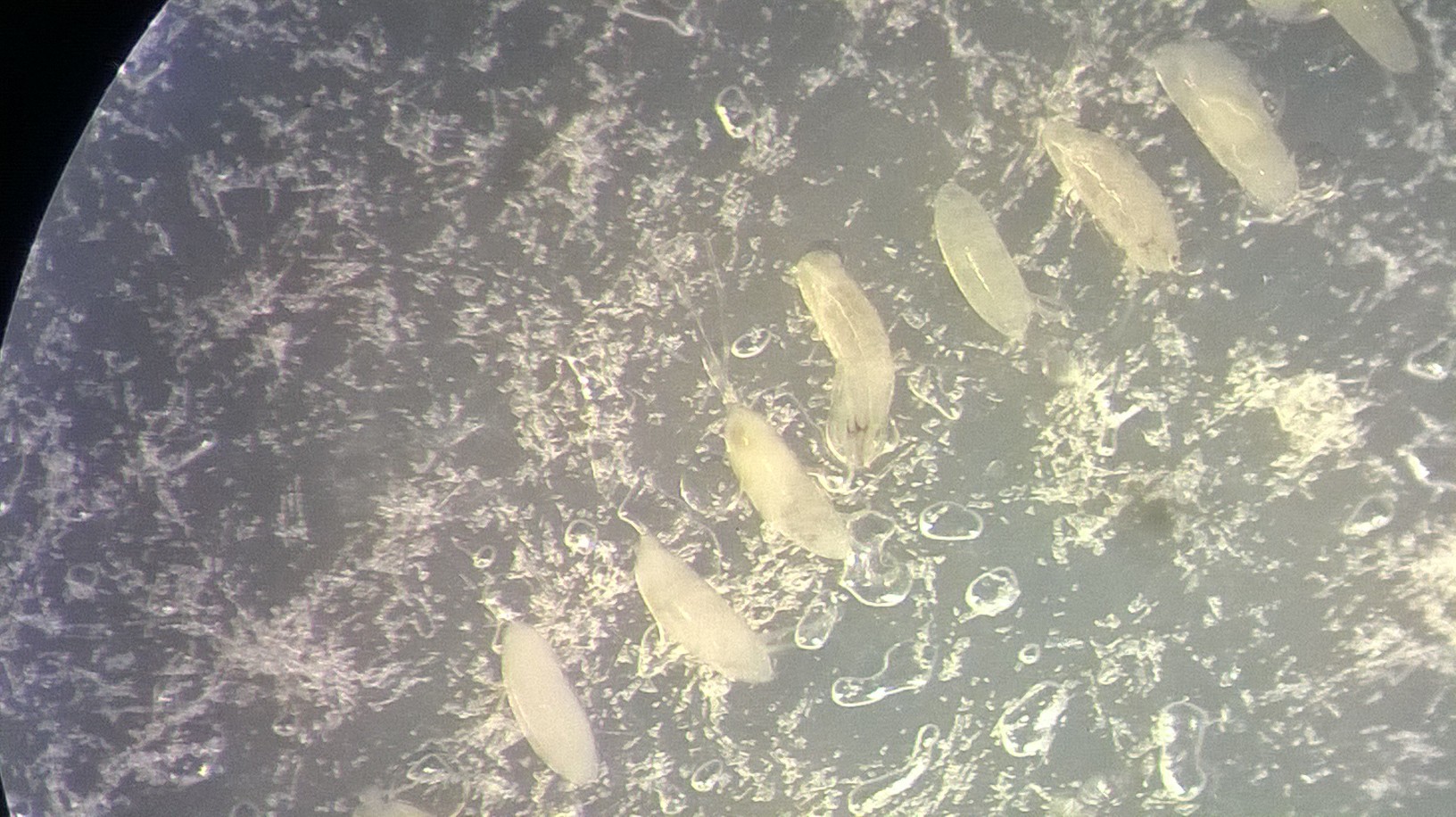
Alla Madich, Microinjection Technician
What is your current role?
I am the Microinjection Technician at the Fly Facility in the Department of Genetics.
When did you start with the department?
I started with the department in March 2017, and will celebrate my 5th year with the department this month!
How did you get started in Genetics?
I got started in genetics research when I was 21, receiving a diploma in Genetics in Ukraine, which led to a long career in the field. I’ve received a Doctor of Philosophy (PhD) in Biotechnology and a Master of Science (MSc) in Biology with a minor in Human and Animal Physiology.
Throughout my career, I’ve managed to combine genetics with other areas of science such as reproductive physiology, reproductive biotechnology, and transgenic technology, and eventually came back to working directly in genetics.
How did you get your start in microinjections?
In 1985 when I was deciding on my Master’s Thesis topic my supervisor suggested I explore microinjections, which was a new field at that time, and I decided to go for it! From then until now I have continued to work in the field of microinjection research. I have worked with a range of embryos from bovine and rabbit to polar fox and chinchilla embryos. Starting with the largest animals now working with the smallest, the fly. Even though the animals are getting smaller the genetic work is much more difficult.
What are you currently working on?
I am currently working on creating a new protocol for a new type of fly we are working with. These protocols ensure we use the best methods, and this is how we at the Fly Facility can help make research projects successful.
What was a defining moment in your career?
In 2007 I came to the UK to work at the University of Durham with a Cancer Research Group. We were working on changing differentiated dermal papilla (DP) cells from mouse hair follicles into pluripotent stem cells. This work resulted in a first-authored paper and was a major discovery for the team!
What advice would you give to other women in science or who are interested in Genetics?
My advice for other women in science is to never give up! Life is too short, and don’t think that your family duties won’t allow you to grow in your career.
What are your future goals?
My future goals are to continue to help other people and support their research through my work in microinjections. I take their projects on as if they are my own, and when projects are successful it makes me very happy! Helping other people be successful and happy is my goal.


